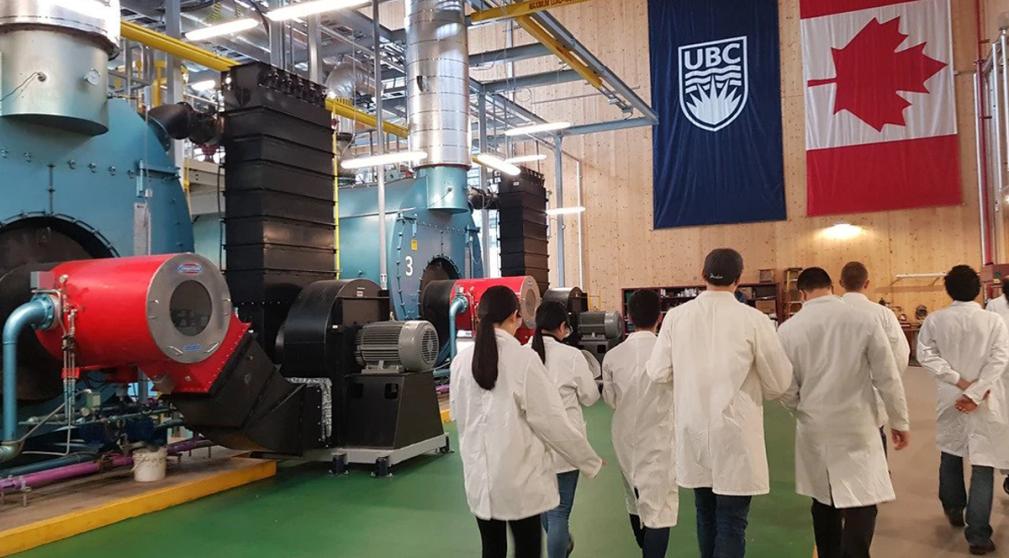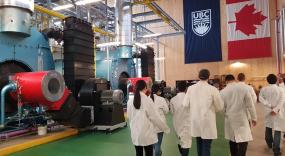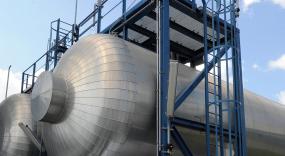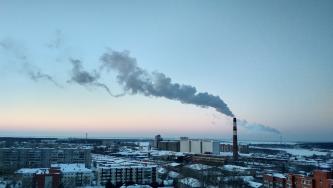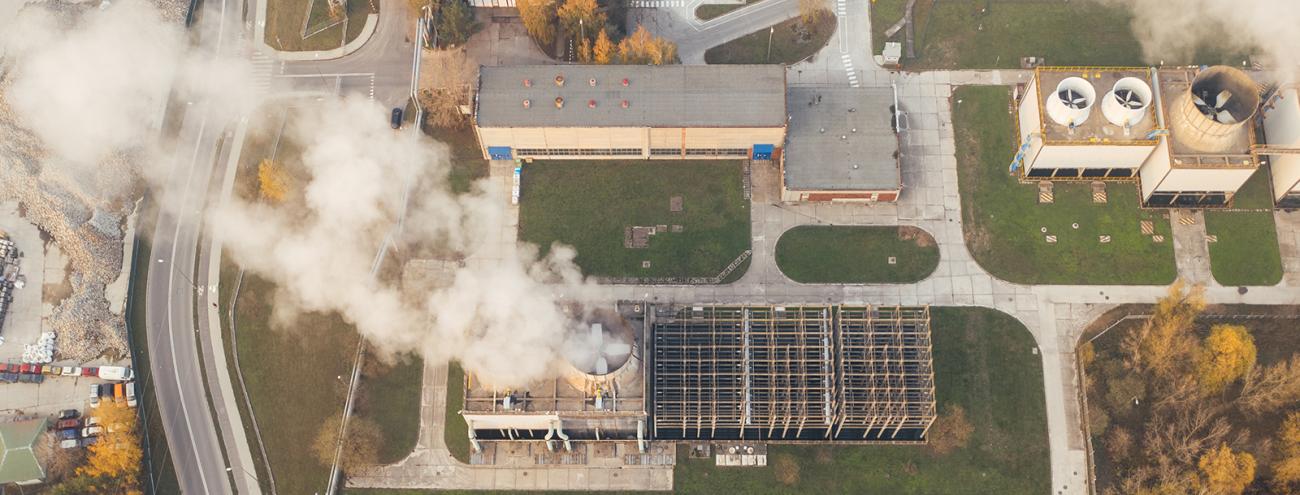
Building a Carbon Capture and Conversion Ecosystem
This Carbon Capture and Conversion (CCC) ecosystem project explores the potential application of these new technologies on the UBC Vancouver campus, with the aim of contributing to greenhouse gas emissions reductions.
Project team
Dr. Naoko Ellis, Chemical & Biological Engineering
Dr. James Montgomery, Energy & Water Services
The climate emergency necessitates an immediate response to reduce greenhouse gas (GHG) emissions. Scientists unanimously point to anthropogenic GHG emissions as the main source of current changes in our climate and, consequently, for dramatic shifts in our ecosystems and ecosystem services1.
UBC has successfully reduced its GHG emissions, achieving the goal of 61% below 2007 levels through initiatives such as the building tune-up program, and facilities like Campus Energy Centre and Bioenergy Research and Demonstration Facility. However, more ambitious actions are needed to achieve UBC targets of a net-zero campus by 20352.
Carbon Capture and Conversion (CCC) is a process that collects carbon emissions from utilities and other industrial processes, and uses it to create a useful product, which has the carbon stored within it. While relatively new, CCC technologies and policies related to carbon management have been extensively researched at UBC, but efforts have not gone beyond the academic realm.
The project team held a series of workshops to expand the dialogue around CCC, connecting UBC researchers and operational staff with Canadian industry and local government representatives. These conversations sought to identify potential partnerships and applied research and demonstration opportunities to advance CCC technologies in the region. The team also expended educational and learning opportunities for students, through the development of new graduate and undergraduate level courses, as well as improving connections with existing climate-related initiatives.
Finally, the project will install a small CCC demonstration project on UBC’s Vancouver campus in 2022. The on-campus pilot will enable researchers and operational staff to learn more about the regulatory requirements, operational data, and others stakeholder impacts.
This Campus as a Living Lab project will help build and strengthen partnerships and knowledge exchange with policy-makers and industry developing and implementing carbon reduction technologies in the region. Piloting this emerging technology on UBC-campus will create a wealth of data that can be used to improve technical performance of the equipment and systems, understand operations and maintenance needs, and inform new policies and regulations. These types of pilots are critical to enabling the broader implementation of Carbon, Capture & Conversion technologies at larger scales where they can potentially have significant impact on industrial carbon emissions.
____________________
1Government of Canada, "Causes of Climate Change"
2University of British Columbia, UBC Vancouver Climate Action Plan 2030 (Vancouver: UBC, 2022)
